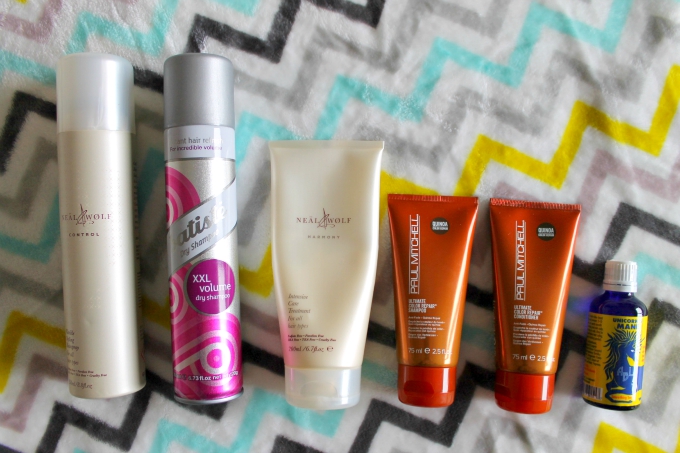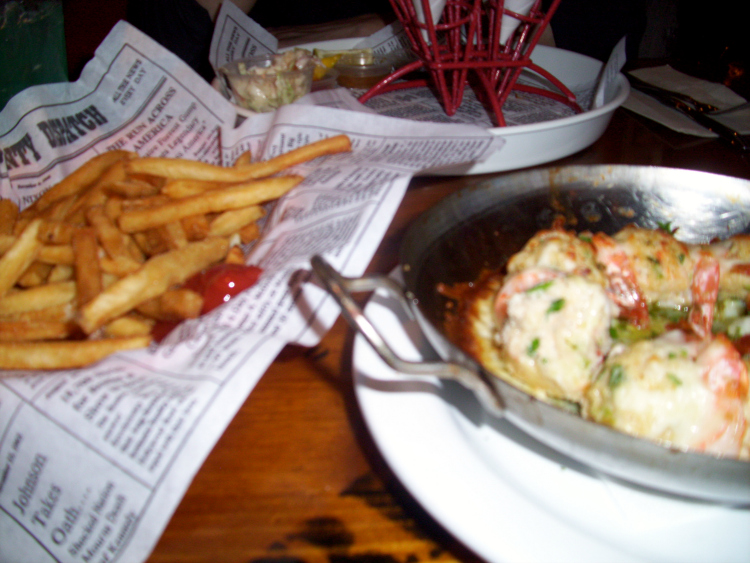
Business Content // The Start-Up Guide to Running a Small Food Business*
You know me, I’m all about pushing for people to do those things they love. Life is too short to have a job you hate, and although right now I’m not making a penny off the book I’m writing, I feel rewarded knowing I’m doing something I love. Today I have a start up guide to running a small food business. I’ll be honest, when I went through my cake baking phase, I did consider this. However it was short lived as I hate washing up, but I could have taken it to the next level for sure!


Getting started in running a small food business, be it a kiosk, cafe or a restaurant, you’re going to need to know how to handle, store and serve the food that you sell. In compliance with EU law, it’s important that you understand and recognise the 14 allergens list. This is so you can keep your customers safe from any allergens contained within the foods that you’ll be serving. Erudus, is a company which stores and shares food labelling information, has helped to put together this start-up guide for anyone wanting to go ahead with their own small food business;
Before You Get Started
First things first, you need to register your business with the environmental health service at your local authority and you must do this 28 days BEFORE you open. It doesn’t matter if it’s a catering business on it’s own premises or if it’s ran from home, you still need to register. But don’t worry, registration is completely free and if you have more than one premises you need to register them all.
Presentation of Foods
Article 16 of The General Food Law Regulation (EC) 178/2002 stipulates that any foods presented for sale within a premises should not mislead consumers, and neither should the labelling, advertising and presentation of that food.
This simply means that any labelling should clearly tell you what product is for sale as well as listing any allergen information contained within the food. If you do not do this you will be prosecuted.
Traceability
Article 18 of The General Food Law Regulation (EC) 178/2002 makes the requirement that food business operators keep records of the foods, food substances and the food-producing animals that have contributed towards supplying that food business. A food business should also state when and where they have supplied other businesses with produce, if they have done so.
This information needs to be recorded and kept safe. You might never need to produce it but if you’re ever audited it’s better to have it than face the consequences as it is a legal requirement.
Suppliers
When starting a small food business getting together reliable supplies is vital as this can have impact upon the safety and quality of the food that you’ll ultimately be serving to your customers. When your delivery has arrived, check the produce carefully to ensure that it has been stored, processed and handled carefully before it arrived to you. You should consider the following when food is delivered to your business;
– Are chilled and frozen foods cold enough?
– Is the packaging damaged?
– Is it what you ordered?
If anything seems off once the delivery has been made, you do have the right to reject it. You should then contact your supplier immediately with your concerns.
Cross-Contamination
Although I’ve never personally owned a small food business, I have been on courses about cross-contamination when I’ve worked in restaurants as this is such an important point. If you own a business you are responsible for this. Cross-contamination occurs when foods such as raw eggs, meat and poultry come into contact with cooked foods. This is likely to occur when foods drip onto a clean surface, utensil or food product during the preparation process. As well as this, hands can also spread cross-contamination and bacteria so it’s important that hands are thoroughly cleaned after handling raw food produce. Not only that but it’s important to be aware of allergen cross-contamination.
Ensuring foods are stored and labelled correcting in kitchens and things to remember when preparing food, it’s best to stick to the following rules;
– Keep raw meat/poultry and ready-to-eat foods separate at all times, including packaging material for ready-to-eat-food.
– Wash your hands after handling meat/poultry, fish, eggs and unwashed fruit and vegetables.
– Clean and wash work surfaces and equipment before and when handling these foods.
– Prepare and store allergens in different areas of a kitchen and when serving them to the public.
– Keep raw produce below ready-to-eat food in the fridge, or in a different fridge if this is possible.
– Attempt to educate any new members of staff to the business on cross-contamination, allergen contamination and food hygiene.
Setting up any new business is tricky, but a food business is even harder as there are so many rules to adhere to. Hopefully this guide will give you a bit of food for thought if a new venture is on the horizon for you!



